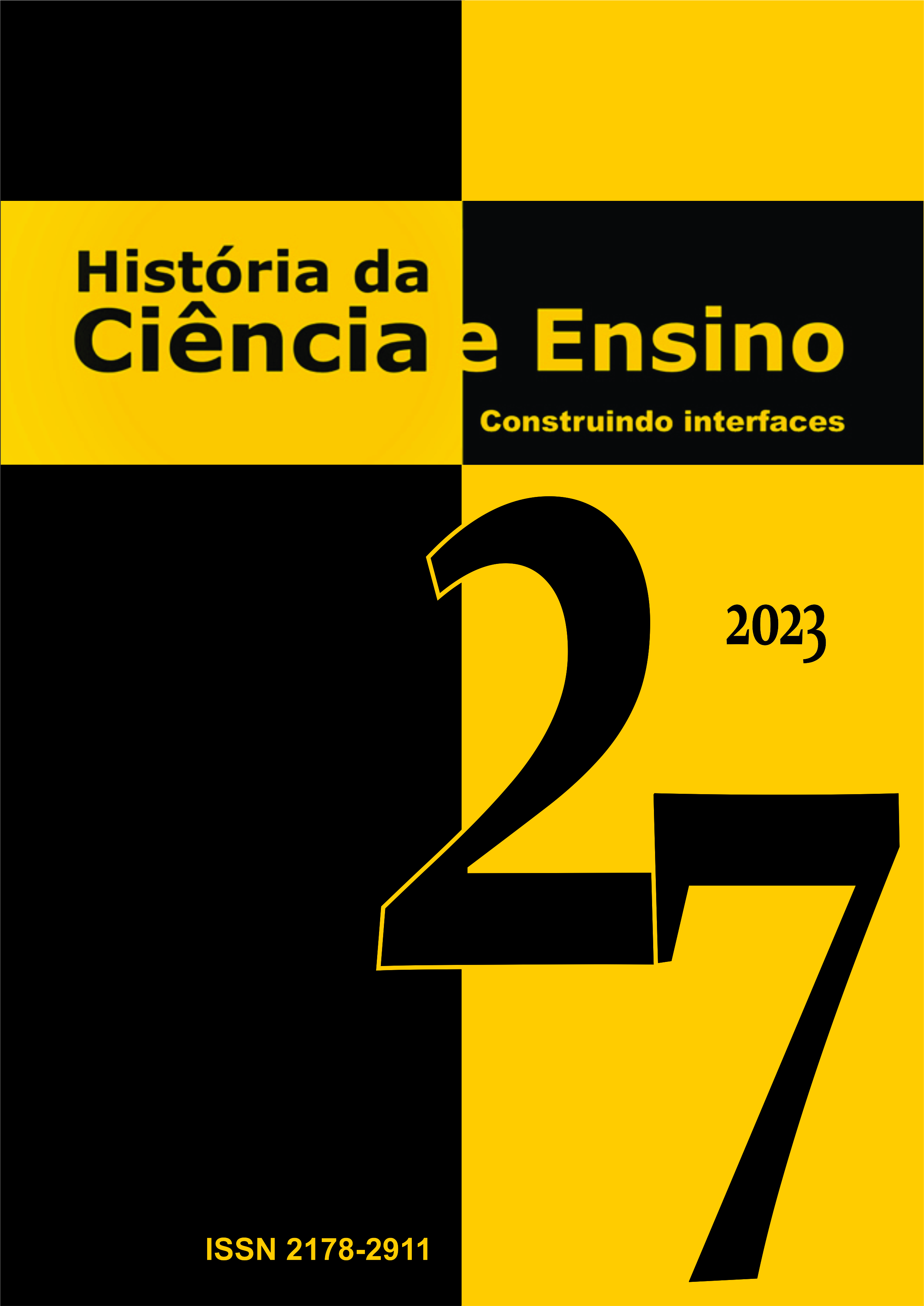The Congress of Karlsruhe - assumptions and controversies
DOI:
https://doi.org/10.23925/2178-2911.2023v27p22-54Abstract
This article presents a review of the issues that were discussed at the Karlsruhe Congress, a meeting of chemists that took place between September 3rd and 5th, 1860, and some of its assumptions. It is a historical reading based on the original texts of some of the participants of the event and in one of the few minutes of the meetings that have come down to us. That year, the foundations of chemistry had not yet been laid and there was no agreement on how to determine the atomic weights of elements and compounds. Additionally, and perhaps most important, there was a debate between atomists and equivalentists. Faced with this and other complications, the chemists Kekulé, Wurtz and Weltzien, all atomists, organized what would become the first chemistry congress in Karlsruhe, Germany. The event had pretentious objectives, but little concrete was achieved in the discussions. The opinions were quite divergent, and they did not even agree on what would be decided by means of votes at the meetings. At the end, one of the participants, Angelo Pavesi, distributed to the others a text from the classes of professor Stanislao Cannizzaro, taught at the University of Genova. This text rescued the hypothesis of Avogadro-Ampère concerning the quantity of particles in a given volume of gas, as well as the differences between atoms and molecules. Cannizzaro's text unveiled the great advances that Chemistry experienced soon after, reinforcing the foundation of this science.


